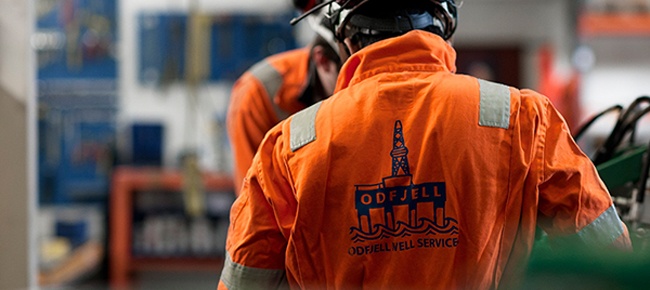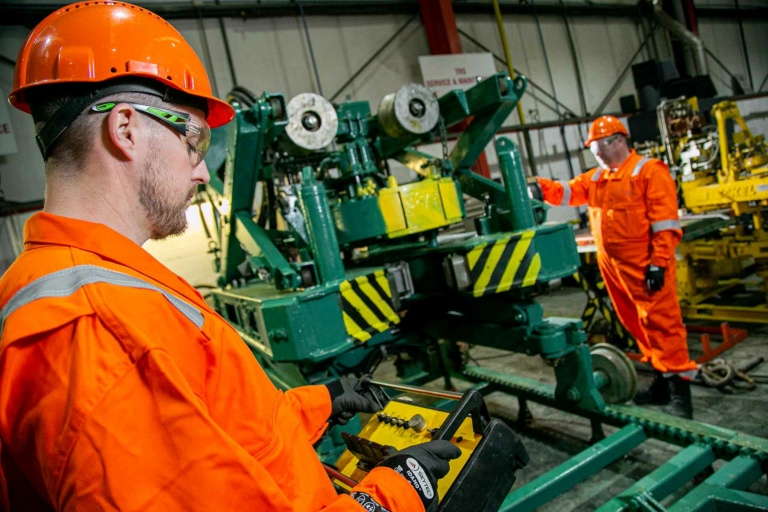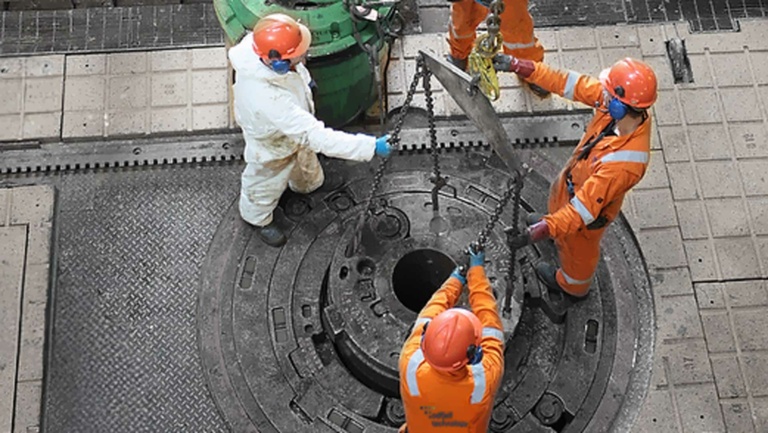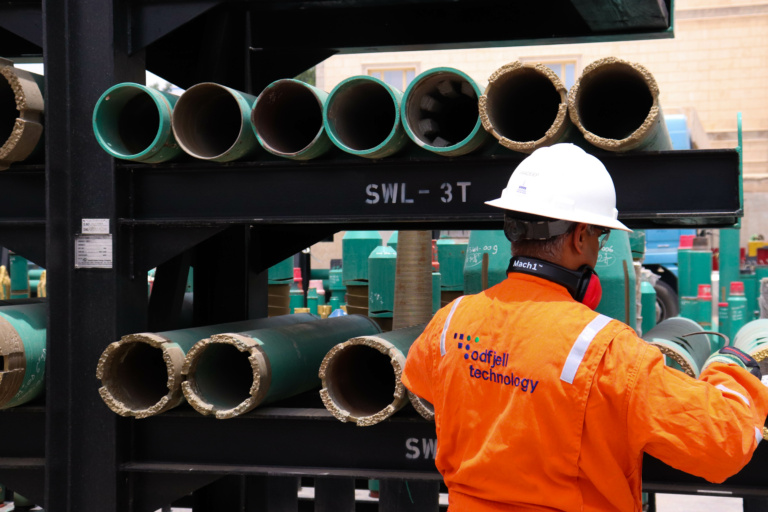The value of 4 decades of offshore experience
The 1970’s, an era of bell-bottoms, bold patterns and big collars. It also happens to be the decade Odfjell was founded. Like our fashion sense, things have changed and improved in many aspects of the offshore drilling industry since then. With 40 years offshore experience behind us we can safely say we’ve learned a thing or two. Let’s look at the value gained from our experience and hopefully you might learn something too.
A risky business
We’ve seen a lot of changes over the years, fortunately, they’ve been for the better. Health, safety and environmental standards have improved drastically. They’ve come from being almost non existent 40 years ago, to an everyday, vital part of our industry. It’s experience and knowledge that sets the bar for these standards and the more we learn the higher that bar is raised.
In the first 20 years there were a lot more accidents in the industry. Fatalities were much more common and loss of limbs even more so. There was a higher risk of lung disease due to the unrestricted use of chemicals. Hearing damage was prevalent because of a lack of personal protection equipment and during that time, risk of fire was fairly high.
So, how have we improved things?
In the last two decades, standards and regulations have been introduced. These are monitored through quality, health, safety and environmental management systems. Continuous improvements occur due to a much greater focus on reducing or eliminating injuries, emissions, disease and damage to assets.
Technology
- Technology has greatly decreased the risk of injury. Because of remote operated equipment, it’s possible for personnel to be less present in the red zone
- The way the rigs are built differs, modern rigs are built with safety systems incorporated into the design
- Transportation to and from the rig has become a lot safer
- Modern rigs are built with safety systems incorporated
Equipment
- Personal protection equipment like hearing protectors, safety helmets and shoes have become regulation
- Machinery we now use is built to a much higher standard with many safety considerations in mind during the design process.
- Continuous efforts to eliminate the risk of injury through the use of equipment, such as stabbing boards, will further cut the likelihood of accidents
Chemicals
- Dangerous chemicals have been substituted with safer alternatives
- Information about the hazards associated with chemicals is readily available to users through safety data sheets
- Regulations towards emissions and discharges have become more stringent
Awareness
- Higher levels in training, industry shared learnings and improved communication has meant personnel are a lot more aware of dangers
- Communication between customers and suppliers is common practice
- Risk identification and risk communication involves supervisors and personnel doing the job
How is experience and knowledge shared?
In order to improve quality, health, safety and environmental issues, it’s vital that our experience and knowledge is shared. We have a system called Experience Transfer by which information is shared through bulletins, meetings and internal postings. Where relevant, we also share externally, with customers, suppliers and competitors. If an incident has happened, or a best practice needs to be shared, it’s important the information is made known. All this adds up to a safer, more productive environment.
Check yourself before you wreck yourself
Through our experience we have learned the value of checks and pre-checks. Wherever you are in the world, whatever the environment and whatever equipment it is you’re using, it’s vital that pre-checks, checks, and rigging up and down checks are implemented correctly and to a high standard. A global standard!
If you skip any of the checks you might miss something, like an error in shipping or starting a job without having the right equipment. Any mistakes made could incur downtime on the rig leading to non-conformances and unhappy clients.
North Sea experience
It’s well known that the North Sea is leading in terms of safety, remote operated equipment and keeping people outside of the danger zone. The methods we use to achieve this can be implemented globally. We have just started operations in Vietnam and we were able to bring our processes and experience with us. The customer could really see the benefits.
The next 4 decades
The learning process is continuous. In 40 years time when we’re all riding hover boards and using transporters to beam us from shore to rig, we’ll still be learning… and if by then, we haven’t been overthrown by robots, we’ll probably write a blog post about it!
Topics: QHSE
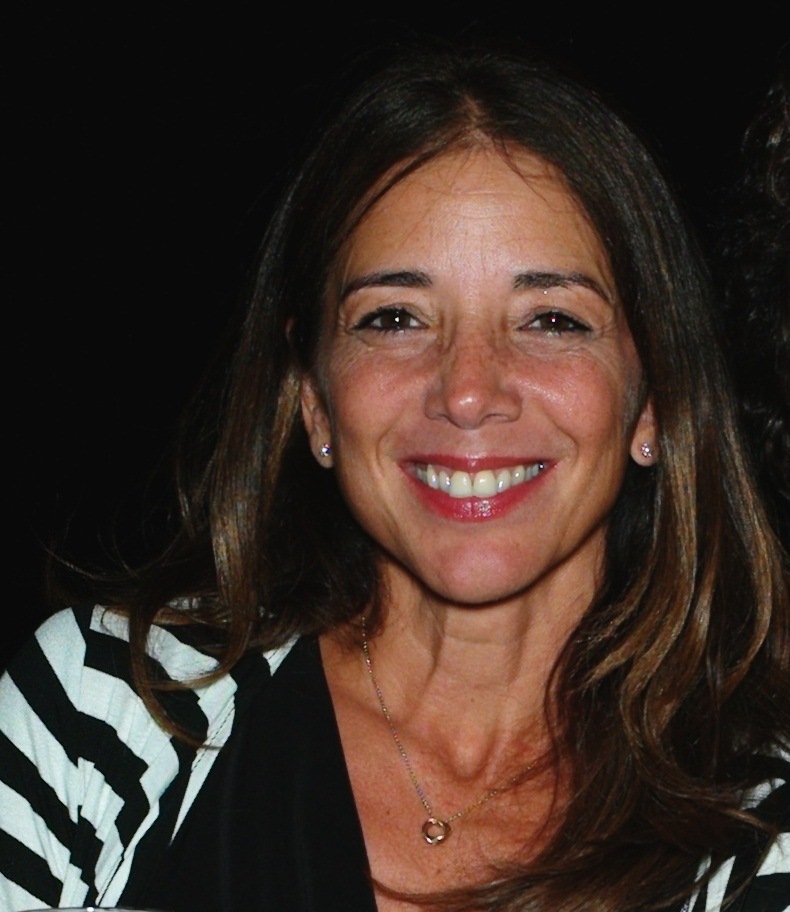
By: Sonia Anderson
Sonia has over 20 years experience (nearly 30) working as a quality, health, safety and environmental (QHSE) professional with a diverse background from international assignments in both private and public sectors. Her early experience was in the US Public Health Service as an engineer officer in different government programs for consumer protection and disease prevention. She spent the last 15 years working in the cruise industry, aviation industry and now recently in the oil and gas industry in different positions within QHSE. Sonia is part of the management team in OWS and as VP QHSE is responsible for leading the OWS global QHSE team and continuously improving QHSE management systems and performance.
